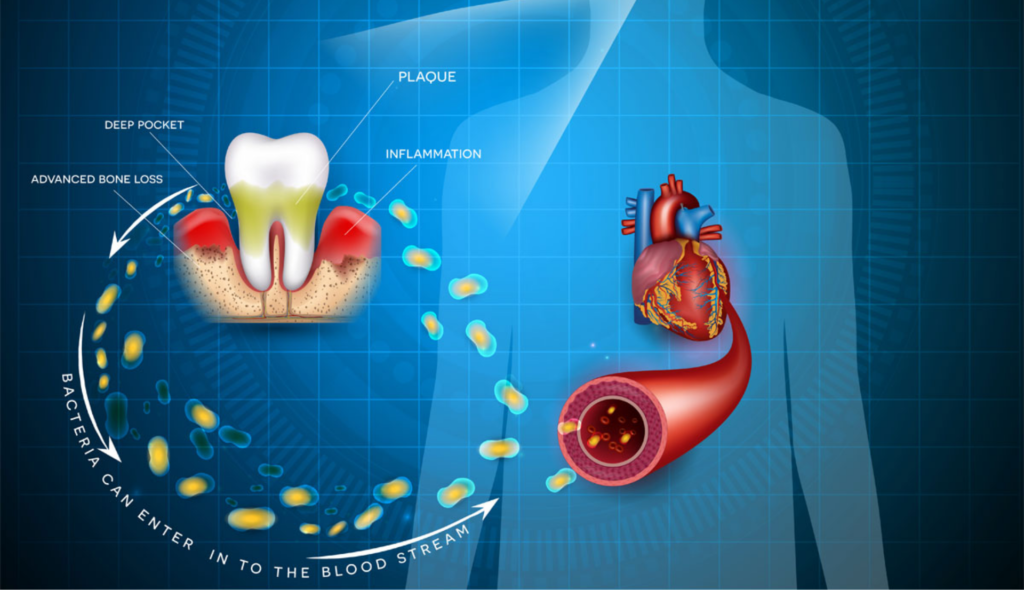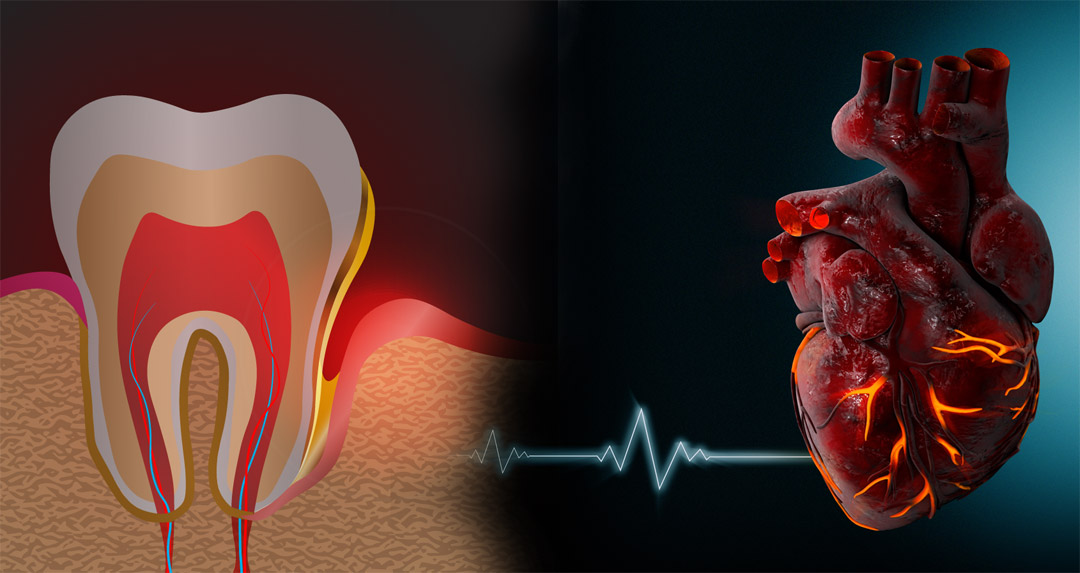The Connection Between Tooth Decay and Cardiovascular Disease
While cavities are often considered a dental issue, they can have significant implications for your overall health, particularly your heart. Dr. Rizka Triana, a dentist at E Dental Care, asserts that there is a link between poor oral hygiene and cardiovascular disease. The proximity of blood vessels and nerves to the root canals of specific teeth explains this connection. When untreated tooth decay occurs, it can lead to an infection that may travel to vital organs like the heart. Dr. Rizka emphasizes that this can result in cardiovascular problems, potentially even heart disease.
However, cavities leading to heart disease are uncommon, but it doesn’t mean you should disregard oral health concerns. Dr. Rizka underscores the importance of cavity treatment as soon as possible. The two most common treatment methods are extractions and fillings. The condition of your gums and teeth reflects your overall well-being. Neglecting dental health can easily lead to other systemic health issues.
“This includes issues with digestion and, yes, even heart problems because there is still a risk of infection spreading to the heart when teeth are not properly cared for,” she explains.
Tooth Decay Causes of Coronary Heart Disease

During a recent discussion on @radiokesehatan, Dr. Rahmanto Budi from RSJPD Harapan shed light on how cavities could increase your risk of heart disease.
He points out that germs can easily colonize cavities. Cavities provide ideal breeding grounds for bacteria, allowing them to proliferate rapidly and enter the bloodstream, eventually making their way to the heart through the vasculature.
“When we have a tooth infection, it might spread to the rest of our body and cause cardiac problems,” he remarks. Bacteria can indeed invade the circulatory system.
Additionally, untreated cavities have the potential to cause blockages in blood vessels. When he emphasizes, “Teeth need to be cleaning and maintaining to prevent bacteria that can trigger other diseases,” he means it.
Why You Should Get Your Tooth Checked Regularly
Regular dental check-ups and the prompt treatment of cavities are particularly crucial due to the connection between dental and cardiovascular health. Ignoring dental issues can have severe consequences, including an elevated risk of cardiovascular disease.
Dr. Rizka Triana underscores the importance of good dental hygiene for overall health. Untreated dental problems have associating with heart disease, digestive issues, and other health concerns.
Taking care of your teeth and gums not only maintains a great smile but also supports your heart and overall health. To mitigate the risk to your heart and general health, people should take preventative measures to address dental disorders, recognizing that dental care is a vital component of holistic health.
Conclusion
Although cavities rarely directly cause heart disease, the link between dental and cardiovascular health is undeniable. It serves as a sobering reminder that our bodies are interconnecting, and neglecting dental hygiene can have far-reaching effects on our health.
The experiences of Drs. Rizka Triana and Rahmanto Budi underscore the importance of proactive dental care. Maintaining both a beautiful smile and heart health requires regular dental check-ups, early cavity treatment, and diligent brushing and flossing.
Dental hygiene should be a part of everyone’s routine health regimen. Just as a healthy smile can indicate a healthy heart, a healthy heart can be a reflection of your overall fitness.
